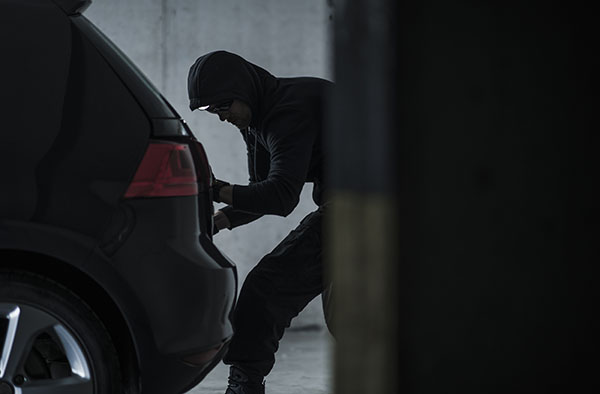Cloned number plates
What is number plate cloning?
Number plate cloning is the unlawful duplication of a registration number. The cloned number plate is then assigned to a second vehicle and can be used by criminals to commit crimes under a false identity.
What to do if my number plate is cloned?
Generally, it can be hard to find out if your number plate has actually been cloned. However, if you start to receive fines that you are not responsible for then that can be a strong indication that your number has been cloned. In such a case, it is important to collect as much evidence as possible to show that you were not driving the vehicle that committed the offences, such as your locations at the times of the offences. You should also report suspicions of cloning to the police and the DVLA.
How do I report a cloned number plate to the police?
Contact the police and give full details of your car and registration number, and your own personal details. Inform them that you suspect that your registration number has been cloned and tell them why you believe that to be the case. Ask them if they want you to produce and correspondence you may have received regarding offences allegedly involving a vehicle bearing your registration number.
You should receive a crime reference number. It is important to record that number.

How do I report a cloned number plate to the DVLA?
You should also report the cloning to DVLA. Although they have not disclosed the methods used to identify cloned number plates, it is likely that the police will work with the DVLA and other relevant organisations, so ensuring that everyone has as much information as possible is helpful. Full reporting can also help you to avoid liability for penalties incurred by the driver of the vehicle displaying the cloned number.
You can contact DVLA by telephone.
DVLA Vehicle Enquiries
Telephone: 0300 790 6802
Monday to Friday, 8am to 7pm
Saturdays, 8am to 2pm
Share this...